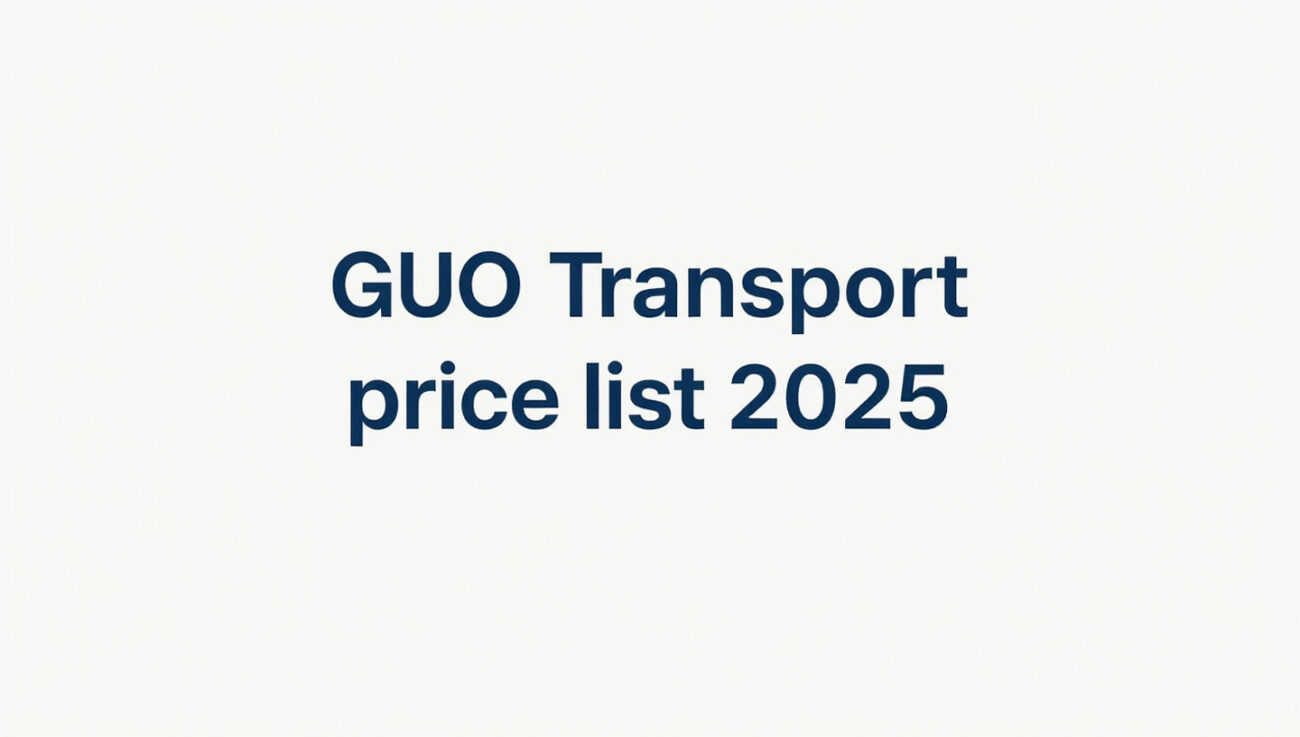Are you tired of watching inflation and local currency changes eat away at your hard-earned savings? You are not alone. In today’s global economy, many…
Which Bank is Best for Mutual Funds in Nigeria?
Here’s the big question that every potential investor asks: Which bank is best for mutual funds in Nigeria? Investing your money is one of the…
What Is the Most Profitable Investment in Nigeria 2025
Finding the most profitable investment in Nigeria is like searching for the best-tasting jollof rice – everyone has an opinion, but the best one often…
GUO Transport price list 2025 For All States
Planning a trip across Nigeria? GUO Transport is one of the most popular and reliable choices for inter-state travel. Knowing the ticket prices ahead of…
What is the 75 15 10 Rule?
When it comes to managing money, things can get complicated fast. You hear about budgets, savings, investments, and debt, and it can all feel a…
Can I save in dollars on bamboo app?
You’ve heard about the importance of saving money. You might also have heard people talking about saving in a stronger currency like the U.S. dollar.…
Current AKTC Price List Today: AKTC transport price list & Terminals
Planning a trip across Nigeria? If you’re looking for an affordable, reliable, and wide-reaching transport service, the Akwa Ibom Transport Company (AKTC) is likely on…
Snooker Board Price in Nigeria
The thrill of the break, the strategic placement, and the satisfying thunk of balls snooker (or pool/billiard) is a classic game enjoyed across Nigeria. If…
What Is the 50/30/20 Rule? The Budgeting Rule
Does it ever feel like your paycheck just vanishes? You get paid, you cover your bills, you live your life, and by the end of…
What is the 50/30/20 rule?
What is the 50/30/20 rule? Managing money can feel complicated. Every month, your salary comes in, and before you know it, it seems to have…
Which Mutual Fund Give 40% Returns Like Guaranty Trust Equity Income Fund
Equity income funds are a type of mutual fund that focus on dividend-paying stocks. In simple terms, these funds invest in established companies that regularly…
Which Mutual Fund Gives 40% Return in the United States?
It’s the million-dollar question for anyone looking to grow their wealth. You see headlines about soaring stocks and hear stories of people striking it rich.…
Which Mutual Fund Gives 40% Return?
Which Mutual Fund Gives 40% Return? It’s the question every new investor dreams of asking. You’ve heard stories of people making a fortune in the…
Redmi Phones and Prices in Nigeria Below ₦200,000
Are you looking for a brand new smartphone in Nigeria that is both amazing and affordable? If your budget is under ₦200,000, then you are…
Redmi Phones and Prices in Nigeria Above ₦150,000
Looking for a powerful new smartphone in Nigeria that won’t completely empty your wallet? You’ve probably heard of Redmi. Once known only for budget-friendly phones,…

